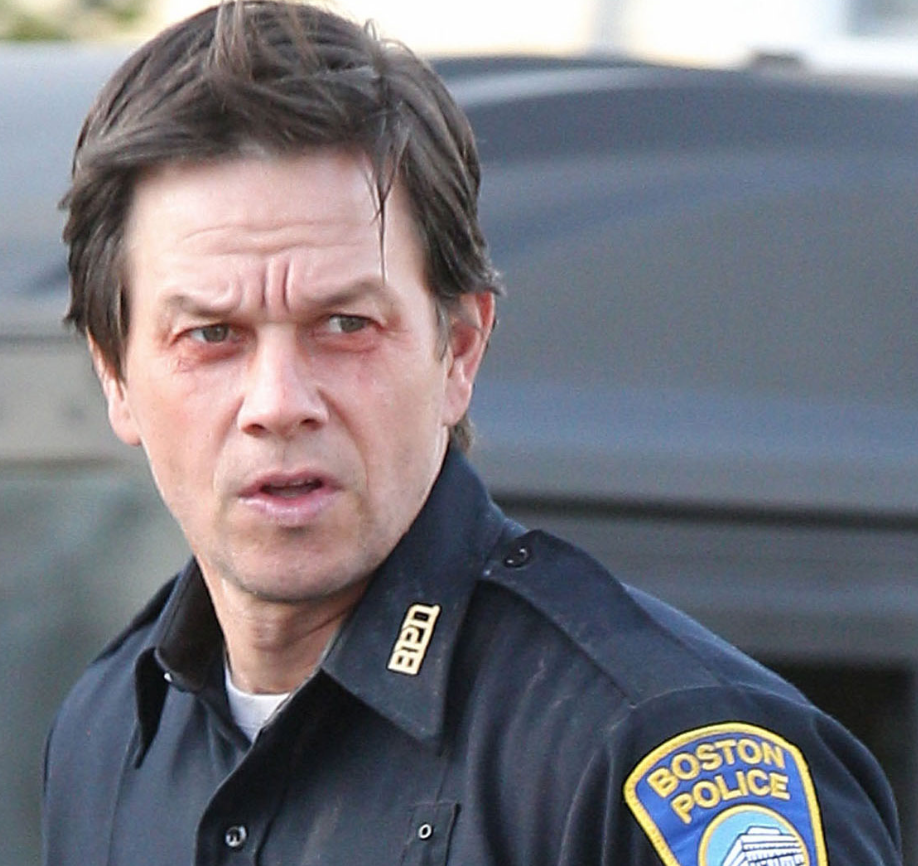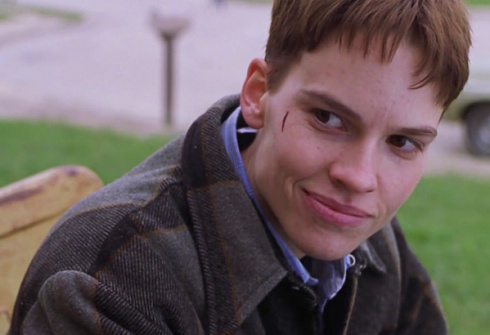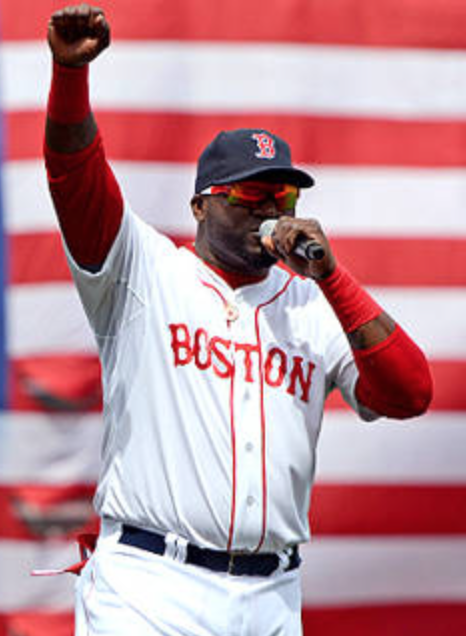 I’ve been trying to figure out why I love “Patriots Day” so much. Though I moved to New York City from Greater Boston decades ago, it’s a fact that you can take the girl out of Massachusetts, but you can’t take the Massachusetts out of a girl. And “Patriots Day,” Peter Berg’s adaptation of the book Boston Strong by Casey Sherman and Dave Wedge about the 2013 Boston Marathon bombing, is one of the most Massachusetts-proud movies ever made. But I also love this docu-drama because it has enough heart and brains to help heal its audience.
I’ve been trying to figure out why I love “Patriots Day” so much. Though I moved to New York City from Greater Boston decades ago, it’s a fact that you can take the girl out of Massachusetts, but you can’t take the Massachusetts out of a girl. And “Patriots Day,” Peter Berg’s adaptation of the book Boston Strong by Casey Sherman and Dave Wedge about the 2013 Boston Marathon bombing, is one of the most Massachusetts-proud movies ever made. But I also love this docu-drama because it has enough heart and brains to help heal its audience.
The United States always has had a hard time navigating tragedy. Perhaps this is because, in the grand scale of world civilizations, we are a very young nation. When it comes to boundless optimism, this often works to our advantage. Even today, Americans tend to believe that a good attitude and persistence can change the most direst of circumstances. It is the backbone of our founding story – how we scrappy mavericks defeated the Brits – and certainly the classic Hollywood premise. But the downside of our youthfulness is a widespread, culturally reinforced immaturity. This translates into an immunity to critical thought and an inability to process complex emotions. So when confronted with trauma, we are uniquely ill-equipped to grieve without resorting to finger-pointing or dissociation. To the degree that we address our pain, we do so through the arts – especially film and television, which, even more than sports, is our common denominator.
These days, to label a film as a weepie is to doom it, though the genre used to be wildly celebrated. Yet we sorely need movies that make us cry, if only to get in touch with the sadness that is a necessary component of any complete human being. (To understand how this works, I suggest the Pixar movie “Inside Out,” and, no, I’m not remotely being sarcastic.) Hence the persistent popularity of tragedies – those sweeping stories whose only happy endings are a greater connection to the human condition. At first, you might think that modern cinema’s tragedies are overshadowed by glib romantic comedies and bicep-popping action films. But some of the most successful films of the last fifty years entail significant loss: “Titanic,”  “Brokeback Mountain,” “Million Dollar Baby,” “Boys Don’t Cry,” “Philadelphia,” “Bonnie and Clyde,” “Love Story,” “Schindler’s List,” “Into the Wild,” “Twelve Years a Slave,” “21 Grams,” “Precious,” “Hotel Rwanda,” and “Terms of Endearment,” to name just a few, not to mention most Shakespeare adaptations. (Somehow, “Hamlet,” “Othello,” and “Romeo and Juliet” get more screen time than such comedies as “A Midsummer Night’s Dream” and “As You Like It.”) Then there are the tragedies ripped from contemporary headlines while our wounds are still fresh – think “The Perfect Storm,” “Black Hawk Down” (not everyone perceives it as a tragedy but I do), “The Laramie Project,” and “World Trade Center.” In fact, an entire subgenre of tragedies has been spawned by the events of September 11, 2001, including “Remember Me,” “United 93,” and “Extremely Loud and Extremely Close.”
“Brokeback Mountain,” “Million Dollar Baby,” “Boys Don’t Cry,” “Philadelphia,” “Bonnie and Clyde,” “Love Story,” “Schindler’s List,” “Into the Wild,” “Twelve Years a Slave,” “21 Grams,” “Precious,” “Hotel Rwanda,” and “Terms of Endearment,” to name just a few, not to mention most Shakespeare adaptations. (Somehow, “Hamlet,” “Othello,” and “Romeo and Juliet” get more screen time than such comedies as “A Midsummer Night’s Dream” and “As You Like It.”) Then there are the tragedies ripped from contemporary headlines while our wounds are still fresh – think “The Perfect Storm,” “Black Hawk Down” (not everyone perceives it as a tragedy but I do), “The Laramie Project,” and “World Trade Center.” In fact, an entire subgenre of tragedies has been spawned by the events of September 11, 2001, including “Remember Me,” “United 93,” and “Extremely Loud and Extremely Close.”
The impulse to deal with cultural trauma through film is a good one, especially when we fictionalize the material, as is the case whenever a feature is not straight documentary. So often the distance afforded by fiction allows us to work through material we are unable to digest in any other form. But even when drenched in the most glorious Technicolor, our movies can be regrettably black and white – polarized affairs whose bad guys are pitiful cultural stereotypes, be they Indians, Cold War-era Russians, or Muslims.
This brings me back to “Patriots Day.” All movies to some degree are propaganda; it’s the nature of plastering anything on a big screen. But the best tragedies inspired by current events are ones that propagate empathy and insight rather than nationalism and rage. “Patriots Day” works not only because it is based on a story that is miraculously finite: Tamerlan and Dzhokhar Tsarnaev, the brothers responsible for the bombing,  were unaffiliated with any larger terrorist groups and were captured within two days of the bombing. The movie also works because it is not propaganda against anything. Instead, by highlighting how brilliantly it united people during and after the bombing, it is an endorsement of love.
were unaffiliated with any larger terrorist groups and were captured within two days of the bombing. The movie also works because it is not propaganda against anything. Instead, by highlighting how brilliantly it united people during and after the bombing, it is an endorsement of love.
Boston can be painfully xenophobic – its denizens tend to fear anything different, from punk-rock hair to people from other countries – but its sense of community means that it also knows how to bond. When David Ortiz, a Dominican-American known to Red Sox fans everywhere as Big Papi, said in the first game at Fenway Park after the bombings, “This is our fucking city, and nobody is going to dictate our freedom. Stay strong,” there wasn’t a Bostonian who didn’t have a lump in his or her throat. “Patriots Day” has its flaws – its one fictionalized character accords producer/star Mark Wahlberg far too many showboating opportunities– but it captures the fact that tragedy provides us an opportunity to be our best selves and to recognize the best in others as well. As our country enters a frightening adolescence, we need this message more than ever.
This was originally published on Signature.
